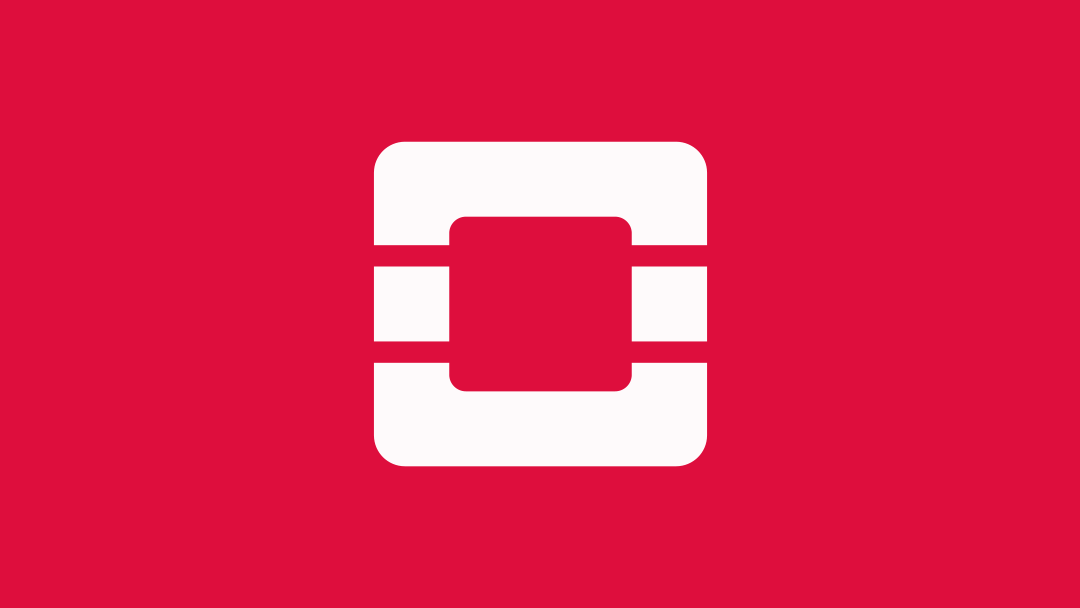Mirantis and SUSE: Creating a One-Stop Shop for OpenStack Support on Major Linux Distros

As a pure-play OpenStack provider, committed to freedom of choice, Mirantis will leverage this partnership to provide more flexibility to customers, reducing lock-in. While "one-stop shop" used to mean that a single technology vendor offered all the components of the solution, services, and support, Mirantis one-stop shop is about being a single source of support, services, and expertise to help customers in their cloud transformation journey using a wide range of certified best of breed technology selections. This approach is hugely valuable to large customers who may be broadly committed to a Linux distribution, but don't want to be locked into that choice, or limited in choosing other best-of-breed data center technologies to work with OpenStack..
Mirantis and SUSE will begin engineering collaboration upstream to fine tune Mirantis OpenStack on SUSE enterprise Linux leading to a certified/supported solution for customers. Additional upstream and downstream engineering/support collaboration will accelerate Mirantis taking on front line L1 and L2 support for the entire solution while SUSE provides L3 support for SLES, RHEL and CentOS.
Being free to run OpenStack on a preferred Linux distro is a big deal for enterprises — touching on every aspect of reliability, security, performance, usability, interoperability, and cost. In the past, such freedom has been hard to come by in the OpenStack space, because supporting production OpenStack on multiple spins requires both broad and specialized expertise. In some cases, vendors such as Red Hat have touted the value of Linux and OpenStack being 'co-engineered,' effectively promoting lock-in. Mirantis has historically taken the opposite approach: as a pure-play OpenStack provider, we think of OpenStack as an application that should run on any host OS (or in containers, as our recent announcement about Kubernetes makes clear). This new partnership will help us deliver that kind of freedom of choice and reassurance to OpenStack customers in the real world.





